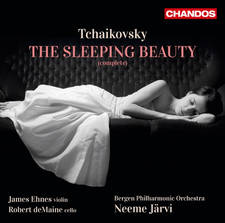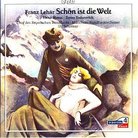Franz Lehár: The Merry Widow
Lehár was thirty-five years old when, quite by chance, he was given the opportunity to set to music a libretto by Viktor Leon and Leo Stein.
The pair had already had successes with operettas by Johann Strauss II. Originally, their new work was intended for Richard Heuberger, but Lehár took his chance in auditioning for the job by playing a song over the telephone. Once he was given the opportunity, he set about producing his finest operetta – and the one that time. Litolff left audiences spellbound with his magical performances on the piano from the age of fourteen – admittedly, quite late by the prodigy standards of some classical composers in this book.
In order that he might continue to enchant concert-goers across Europe, Litolff wrote him- self a series of symphonies with a solo piano part. They were not quite concertos – and they weren’t quite symphonies either. Instead, they were pieces that were specifically designed to make him sound great when he played them. The first of these concertos symphoniques is sadly now lost and the remaining ones number from 2 to 5 (so don’t be caught out if anyone asks if you like his first). The fourth is just a joy of a work and is said to have inspired Liszt. So much so, in fact, that he dedicated his own piano concerto to the half-Scots, half-Alsatian master of the piano keyboard.
Recommended Recording
Peter Donohoe (piano); Bournemouth Symphony Orchestra; Andrew Litton (conductor). Hyperion: CDA66889.
Illustration: Mark Millington


